3 DIY Goat Milk Soap To Get Soft And Smooth Skin
By: Priyanka Maheshwari Mon, 22 Aug 2022 12:52:39
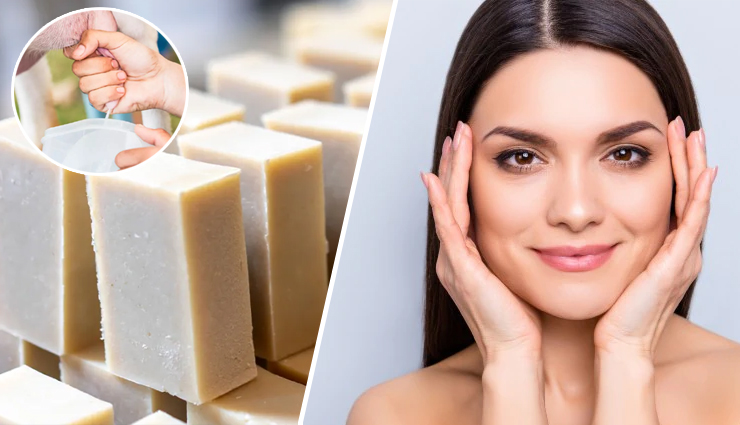
Goat milk is good for the skin in more ways than one. It nourishes, moisturizes, exfoliates, protects, and repairs the skin without causing any of the side effects associated with regular chemical-laden skin products.
Thus, goat milk is an all-in-one skin care ingredient that can be used for making enriching soaps at home.
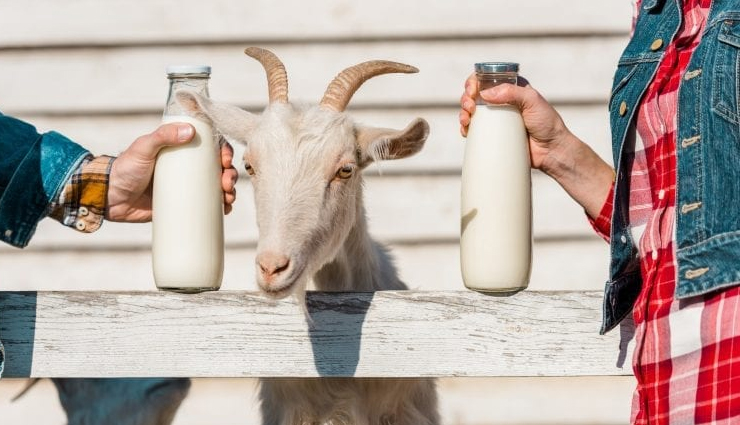
# Goat milk
Goat milk is enriched with skin-healing vitamins, including vitamins A, D, and E, and minerals that make it anti-inflammatory.
It also contains alpha hydroxy acids (AHA) such as lactic acid that help loosen the dead cells accumulated on the surface of the skin, making them easier to shed. Its acidity dissolves the bond between these cells, which then fall out. This gentle exfoliation of the superficial skin reveals fresh new layers from underneath that are brighter, smoother, and tighter.
Healthy skin is slightly acidic, making it inhospitable for the growth of bacteria. AHAs help maintain this acidic pH of the skin to prevent skin infections such as acne.
Goat milk also contains healthy fats that nourish and moisturize the skin to strengthen its barrier function.
To prepare your soap, you can use either fresh goat milk or a goat milk soap base that is easily available in grocery stores. When purchasing the base, make sure it has no additives.
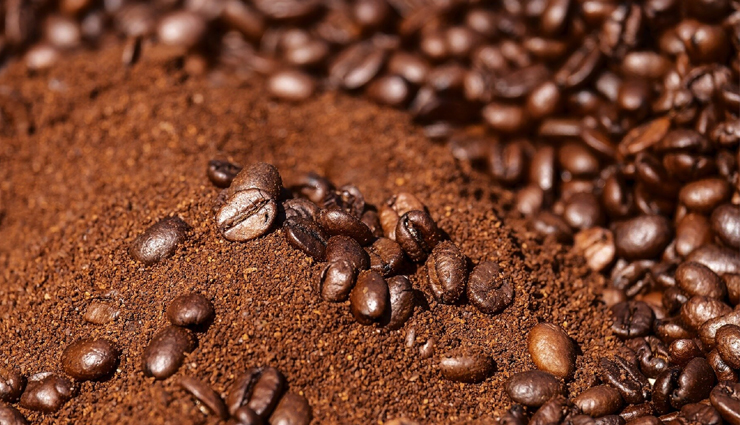
# Coffee
Caffeine is extremely bioactive and has the ability to penetrate the skin barrier to stimulate blood circulation in the smallest of blood vessels. It is mainly used as an active compound in anti-cellulite products because it helps dilute fat buildup within skin cells.
Furthermore, the potent antioxidants in caffeine block free radical activity, which is a source of skin damage.
Free radicals are unstable molecules that attack healthy skin cells to trigger premature aging, among other skin problems. Sun-induced UV radiation is one of the major sources of free radicals and is easily absorbed into the skin to cause deep cellular damage.
Topical caffeine can protect the skin from UV radiation and can slow down the process of photoaging.
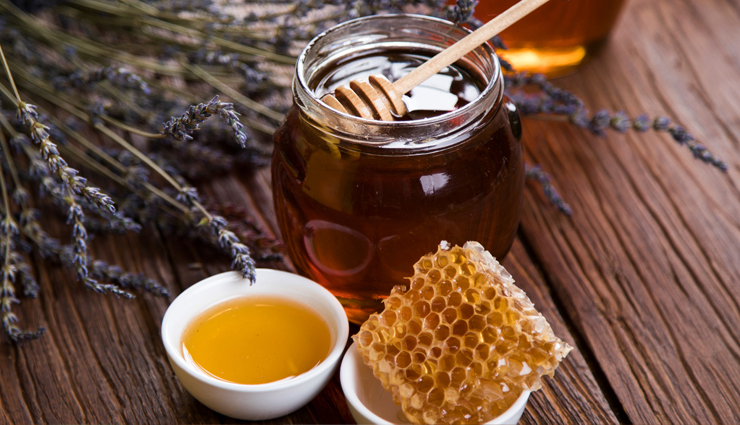
# Honey
Honey contains many nutrient-heavy bioactive compounds that exhibit several dermatological benefits. To start with, honey is an excellent humectant, which means it binds moisture to the skin for long-lasting hydration.
The sugars found in honey, namely, fructose and sucrose, are antimicrobial. Thus, topical honey can disinfect the skin and curb the growth of acne-causing bacteria.
Honey also has potent antioxidant and anti-inflammatory properties that can be attributed to its rich polyphenol content.
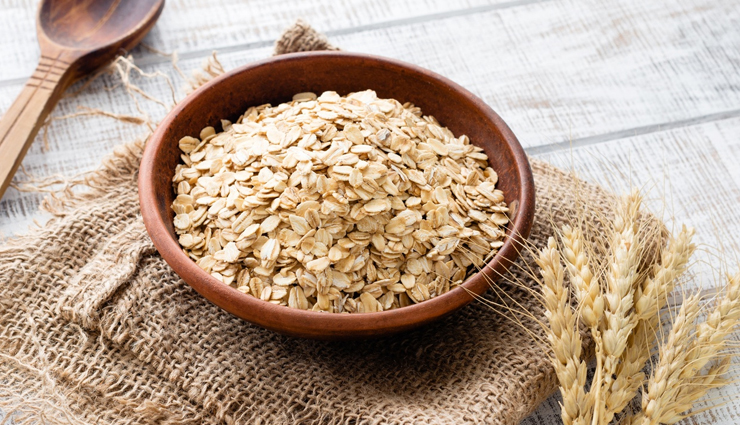
# Oatmeal
Oatmeal is known for its significant antioxidant, anti-inflammatory, and moisturizing effects that can be used for the management of a number of skin problems, including itchiness (pruritus), atopic dermatitis, acneiform eruptions, and viral infections.
Oatmeal helps reduce and repair the breakdown of skin cells due to the action of free radicals that leads to inflammation.
Moreover, oatmeal blocks out the harmful UV rays of the sun, which increases oxidative stress and triggers premature skin aging. This ingredient also gently exfoliates the skin.
Thus, oatmeal is an all-rounder when it comes to skin care, which justifies its popular usage in cosmetics, dermatological products, and beauty remedies.
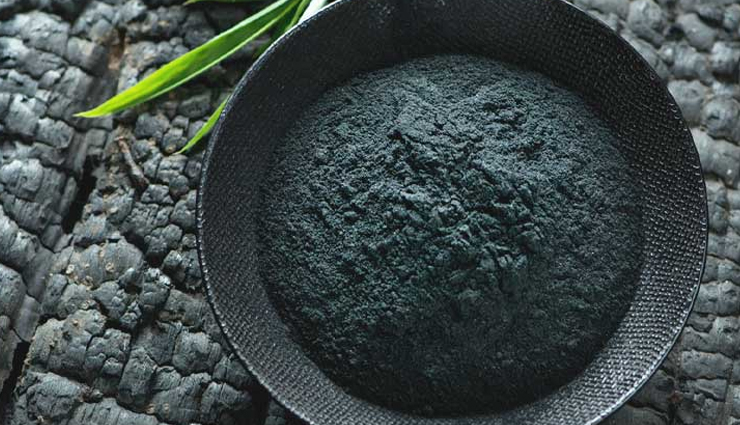
# Activated charcoal
Activated charcoal is an adsorbent, which means it binds toxins to itself and facilitates their easy removal.
When used topically, charcoal pulls the dirt, pathogens, excess oil, and other impurities from your skin pores to provide a deep cleaning effect without causing irritation. This is why it is often used in skin-purifying face masks.
Activated charcoal is also known to curb inflammation and fight skin aging. Although more research is needed to confirm the skin benefits attributed to activated charcoal, it is totally safe and is quite popular within the beauty industry and among general users.
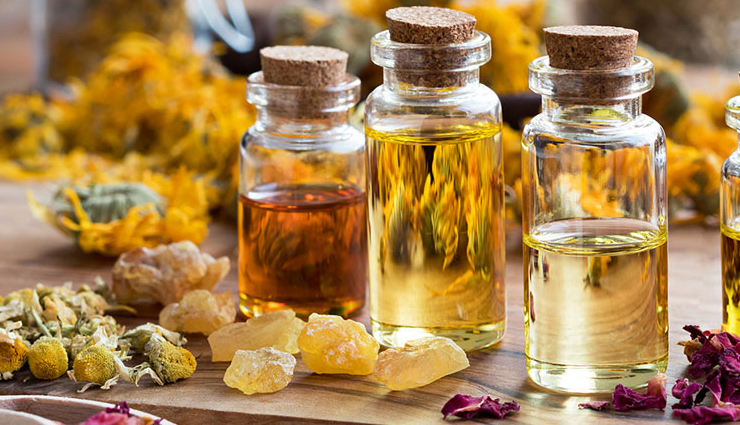
# Essential oils
Essential oils are extracted from medicinal plants, which give them various healing properties. Each essential oil is known for its own therapeutic effect, but many of them are great for your skin.
Some of the popular ones that are commonly used in skin remedies and products are peppermint, frankincense, lemon, and lavender essential oil. They help relieve skin inflammation and fight skin infections by curbing microbial growth. Both these properties can be very useful in treating acne vulgaris.
These fragrant oils are also used in aromatherapy for soothing agitated nerves. This kind of stress release helps rejuvenate the skin.
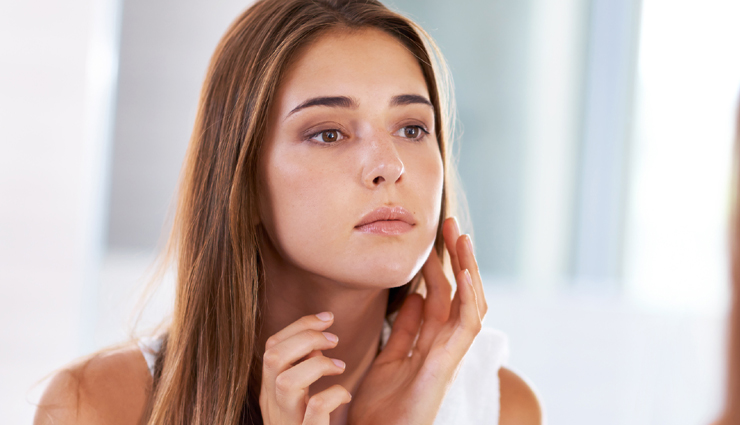
DIY Soap Recipe
* Recipe 1
- Cut a coconut or glycerin soap base into small cubes.
- Put 1½ cups of soap cubes into a bowl and heat them until they melt.
- Add ½ cup of goat’s milk, 1 teaspoon of honey, 1 tablespoon of coffee grounds, and 10 drops of your preferred essential oil into the liquefied soap.
- Stir all the ingredients quickly so that they are blended well before the mixture cools down.
- Pour the mixture into a silicone mold and let it sit for at least 30 minutes to 1 hour.
- Once the soap solidifies in the shape of the mold, you can remove and use it.
* Recipe 2
- Divide a glycerin or coconut soap base into cubes.
- Heat 1½ cups of soap cubes in a bowl so that they melt.
- Pour ½ cup of goat’s milk, 1 tablespoon of oatmeal, and 1 tablespoon of honey into the molten soap base.
- Mix thoroughly to blend the ingredients.
- Pour the mixture into a silicone mold, and let it sit for at least 30 minutes to 1 hour.
- Once the soap settles into a solid shape, it’s ready to use.
* Recipe 3
- Cut a coconut or glycerin soap base into cubes.
- Melt 1½ cups of soap cubes in a bowl.
- Put ½ cup of goat’s milk and ½ teaspoon of activated charcoal powder into the liquid soap. You can also break open an activated charcoal capsule into the soap.
- Pour about 10 drops of any essential oil of your choice into the mix.
- Stir the mixture so that all the ingredients are well blended.
- Quickly transfer the mixture into a silicone mold before it solidifies.
- Let the mixture cool down for at least 30 minutes so that it acquires a solid form.
- Remove the soap from the mold and use.
How To Use
- Your DIY goat milk soap is safe to use all over the body, including your face.
- Use it regularly while bathing for soft and smooth skin.
- This homemade soap is devoid of any acids, chemicals, or foaming agents so it won’t lather much but is gentle on sensitive skin.
- Keep the soap in a cool, dark, and dry place to preserve it for longer. You can store it in a refrigerator.
- Don’t add fragrances and flavoring agents to your soap as they can irritate your skin and can diminish the effectiveness of essential oils when mixed with them.





